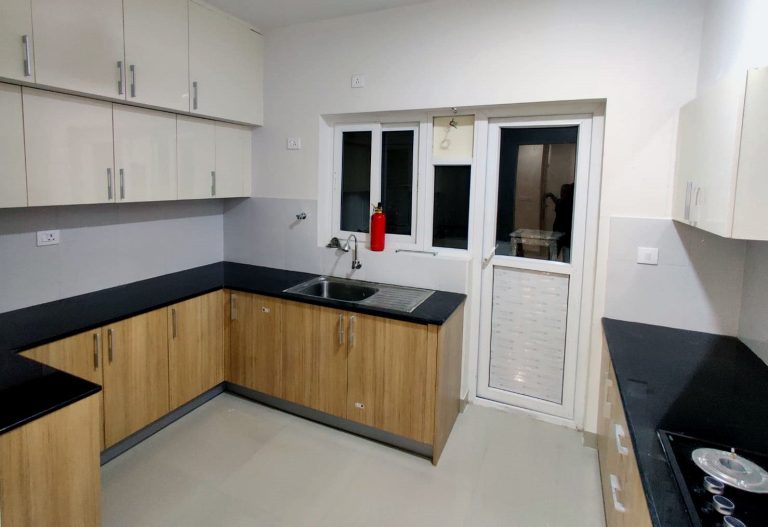A subsidiary of First Energy, Met-Ed serves 560,000 residential and commercial customers in southeast Pennsylvania, spanning York, Harrisburg, Bucks County and other local metro areas. Met-Ed is one of 10 regulated distribution companies that make up FirstEnergy Corp., which is one of the largest investor-owned electric systems in the United States. Despite being a utility company, Met-Ed allows its customers to shop for electricity providers and take advantage of energy plans that free them from market pricing volatility and potentially lower their bills over the year.
Despite energy deregulation in the state, utility rates still include costs for transmission and delivery of power to homes and businesses. These charges are collected per kilowatt-hour of energy used and are necessary to maintain the grid and invest in upgrades. While these charges are required to ensure reliability, many people choose to switch to a cheaper supplier that does not charge for these services.
Most of the money on your utility bill is for generating the electricity itself. This is charged per kilowatt-hour of consumption and includes the cost to produce your power from various resources. The primary sources of generation for Met-Ed are natural gas, biomass, coal and hydroelectric power.
You may notice that your Met-Ed bill is much more than just the cost of generating electricity, but it also includes several other charges. Depending on your provider, these additional charges could add up to significant amounts over time. These include ancillary service charges, transmission costs and system maintenance fees. If you are unsure what these charges are for, we recommend contacting your provider directly to get more information.
Your utility’s Price to Compare rate, which is the per-kilowatt-hour cost it charges to supply default service, is displayed on your Met-Ed bill. This number can help you determine if you would save by switching to a retail electricity supplier.
In addition to offering competitive rates for Met-Ed customers, Arbor also helps customers avoid overpaying with its TrueRate Protection plan. This plan scans the market for the best available rates and switches you to a new provider when your contract term is about to expire.
If you decide to choose a retail electricity supplier, be sure to look at the fine print of any plans you’re considering. Some of these providers may require a deposit to start service, which is based on your credit profile and history. These fees can be offset if you select a no-deposit plan, which is usually offered to qualified customers with good credit.
Besides offering low Met-Ed electric rates, retail suppliers often offer rebates for customers to save even more money on their energy bills. Some of these programs include appliance turn-ins, where you can earn up to $50 by bringing in an old, working refrigerator, as well as home energy audits and HVAC rebates. Other incentives include cash back offers for switching to green energy, as well as WARM Programs, which provide low-income homeowners with free energy efficiency upgrades.












